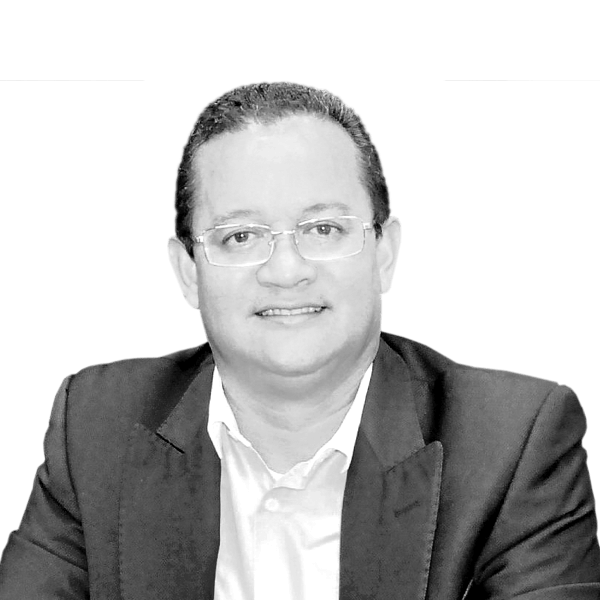Science that contributes to development

The question of the university’s role in history has always been a difficult question. Today it remains, much more so in the current context of the world with all variants of all kinds creating it. In this sense, HEIs clearly have a greater responsibility to the extent that they contribute to or should provide the community with the intellectual resources that support it. It is not possible to build today’s society not based on the views of knowledge that are the foundations of its formation and development.
In the context of changing society, institutions of higher education are a guarantee that the humanist tradition continues to express its intellectual, moral and political independence as a condition guaranteeing the responsibility it acquires, for the time being, to be a beacon and guide for the same societies. Education is a human right and a public good and must be accessible to all. To realize or realize true human potential everywhere, higher education institutions are called upon to interact with the needs of societies and, from there, to develop strategic initiatives and mechanisms that fulfill their responsibility to contribute to the world with more human and social well-being.
Undoubtedly, being a place where knowledge is generated and managed, it is a priority for institutions of higher education to make science that is produced in a human spirit generate a less unequal world. The challenges of the effects of the pandemic and the social complexities of the day are leading us to achieve a more collaborative and open science, that is, the science that makes the impact of a shift “from less human to more humane conditions” possible. We are pleased to discover, through the mission of many higher education institutions, that they have recognized the urgency or need to comply with the SDGs; This is expressed in the new UNESCO Science Report (7th Edition), which calls for a significant increase in investment in science in the face of growing global crises in order to achieve smarter development.
The challenge for higher education institutions is to align their policies with the 2030 Agenda to achieve the desired and necessary sustainable development, and to expose their management practices and relationships with the actors they engage with (internally and externally) in building values. Contribute to the world of a more inclusive and equitable society. In this sense, the knowledge production of higher education institutions is well suited today for the desired progress and human and social well-being. The much talked about open science today is the key to achieving this missionary purpose for the vast majority of higher education institutions in the country and in the world. A generation of knowledge that is developed within the frameworks of transparency, inclusiveness and efficiency that today’s society demands and insistently demand. All academic actors, factors and mechanisms must be in service of this higher goal of socially appropriate knowledge in the face of the diverse needs of the context.
Although there is still work to be done within this framework of higher education institutions, it is necessary to continue to design and implement strategies and mechanisms that allow the generation, management and allocation of knowledge to contribute to its fullest potential, egalitarian and open to the present and the future that eliminates inequality in society , bridges the gaps, and promotes a more just, equitable and peaceful reality.




